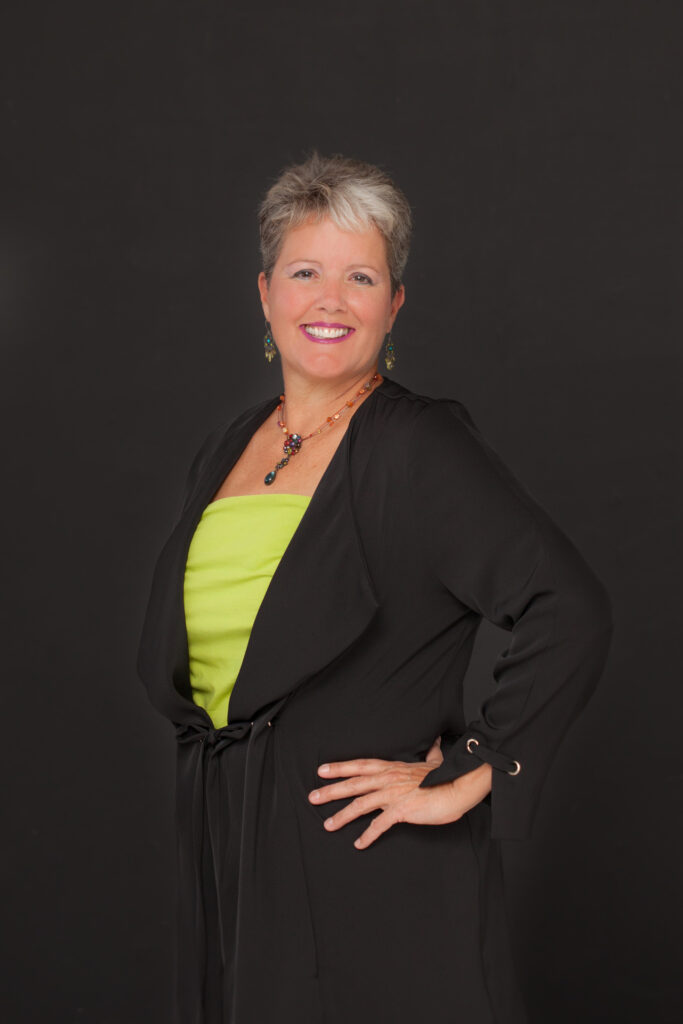

Dr. Susan Hillock
Associate Professor, Department of Social Work, Trent University,
Oshawa, Ontario, Canada
As a critical theorist, my research mission has been to continually interrogate conventional social work theory, education, and practice, while promoting social justice and deepening understandings of progressive theory and its applications to the classroom. This stream of research is often called the Scholarship of Teaching and Learning (SOTL). I have always seen the classroom, and the field of social work education, as research laboratories in which to work towards creating the conditions necessary for social change. Thus, my goal has been to build anti-oppressive practice (AOP) social work theory, particularly feminist, queer, and structural theories, especially in terms of how we, as social workers, conceive and act upon our understandings of oppression, apply these understandings to social work education, and work towards creating a socially just world. For this work, I was proud to receive the 2019 Ontario Confederation of University Faculty Association Status of Women and Equity Award of Distinction for outstanding contributions of members whose work has contributed meaningfully to the advancement of professors, academic librarians, and/or academic staff who are Indigenous, women, racialized, LGBTQ2S+, living with disabilities, and/or belong to other historically marginalized groups.
More recently, I have focused on developing new areas of social work education study, particularly: trauma-informed feminism: queer theory; femagogy; sex education; and environmentalism/ sustainability.
In 2015, I published- Wilkin, L. & Hillock, S. (2015). Enhancing MSW students’ efficacy in working with trauma, violence, and oppression: An integrated feminist-trauma framework for social work Education. Feminist Teacher, 24(3). 184-206. Because the Canadian literature illustrated that few social workers graduate with knowledge or skills on how to address trauma, and very few BSW and MSW students are exposed to feminist approaches, this article was geared to developing social work education knowledge in these areas. We presented the history and evolution of trauma and feminist theories and examined the current status of Canadian social work education, particularly in the areas of feminist theory and trauma interventions. We also created an innovative new Feminist Informed Trauma (FIT) framework for MSW education and suggested concrete ways to utilize feminist teaching theory and methods.
In 2016, Hillock, S. & Mulé, N. J. (2016). Queering Social Work Education. Vancouver: UBC Press- was published. Given that little was known about what social work academics, students, and practitioners actually know about queer-based theories, communities, peoples, and issues, how they learn, articulate, and use knowledge about the LGBTQ community members and our issues, or how they choose to teach and practice in these areas, the book aimed to fill noticeable gaps in the scholarship. Consequently, this anthology of original works celebrates the voices, stories, and resistance of queer social work faculty, administrators, colleagues, and students and highlights relevant issues in social work education and their impacts on theory, andragogy, research, policy, and practice.
In the fall of 2019, I was selected by the Canadian Association of University Teachers (CAUT) to produce a national Equity Strategy And Action Plan Toolkit. I created the first Canadian national, “CAUT 2019 Toolkit Action Plan– Raising Awareness of Queer Issues in the Academy: Why Is Raising Awareness of Queer Issues in the Academy Important?” (In Press). This toolkit provides strategies to educators across Canada related to assisting students and colleagues/ administrators to challenge and transform harmful homophobic, heterosexist, and cisgender beliefs and practices. Furthermore, this tool outlines an action plan that highlights what educators can do to raise awareness of queer issues in the academy. Additionally, on September 24, 2020, I gave a national Ekeynote address Queering Academic Advising for the Learning Specialists Association of Canada (LSAC).
In 2020, I completed- Csiernik, R. & Hillock, S. (2020). Teaching Social Work: Reflections On Pedagogy & Practice. Toronto: University of Toronto Press (In Press). Historically, Canadian social work educators have had limited, if any, prescribed training in teaching and likewise limited, if any, formal exposure to educational theory and methods. This gap in social work training is more glaring when one considers that social work tends to have more rigorous standards than many other programs, as it is not only an academic discipline, but also a regulated profession that has been tasked with serving vulnerable populations. Accordingly, this book brings together the wisdom of 30 experienced Canadian social work professors and practitioners to provide a reflection framework about how they teach, why they teach in specific ways, and what works best for teaching in the social work discipline. In this book, I also introduce a completely new theoretical construct to the educational field, one that I call Femagogy: an approach to teaching and education that centres feminist-centred teaching theory, knowledges, methods, and practice.
I have just finished a multidisciplinary book- Hillock, S. (2020). Let’s Teach About Sex: Sexuality(ies) in Higher Education. Toronto: University of Toronto Press (Forthcoming). This book features top Canadian scholars in the sexuality field who bring their teaching experiences and expertise to this book and assists academics, particularly in the helping professions, to provide adequate and appropriate sex education training, knowledge, and opportunities so that their students can: explore complex personal and emotional issues; reflect on their attitudes about sex; build skills; and develop confidence, in order to feel more comfortable with helping others, when they are eventually working in their respective fields. Therefore, this book helps educators, across multiple disciplines, to provide adequate and appropriate sex education training, knowledge, and opportunities, better support students, and improve curriculum and the quality of the teaching of sexuality(ies).
Finally, social work has been slow to learn from environmental experts, incorporate current climate change knowledge into our curriculum, and address the international climate emergency and its effects on marginalized communities. My new book, Greening Social Work Education, will examine how social work educators can best consider/infuse sustainability content into social work curriculum, incorporate green teaching methods, and mobilize students and colleagues towards climate action/justice/leadership. Abstracts are currently being accepted until December 2020. Please contact [email protected]
